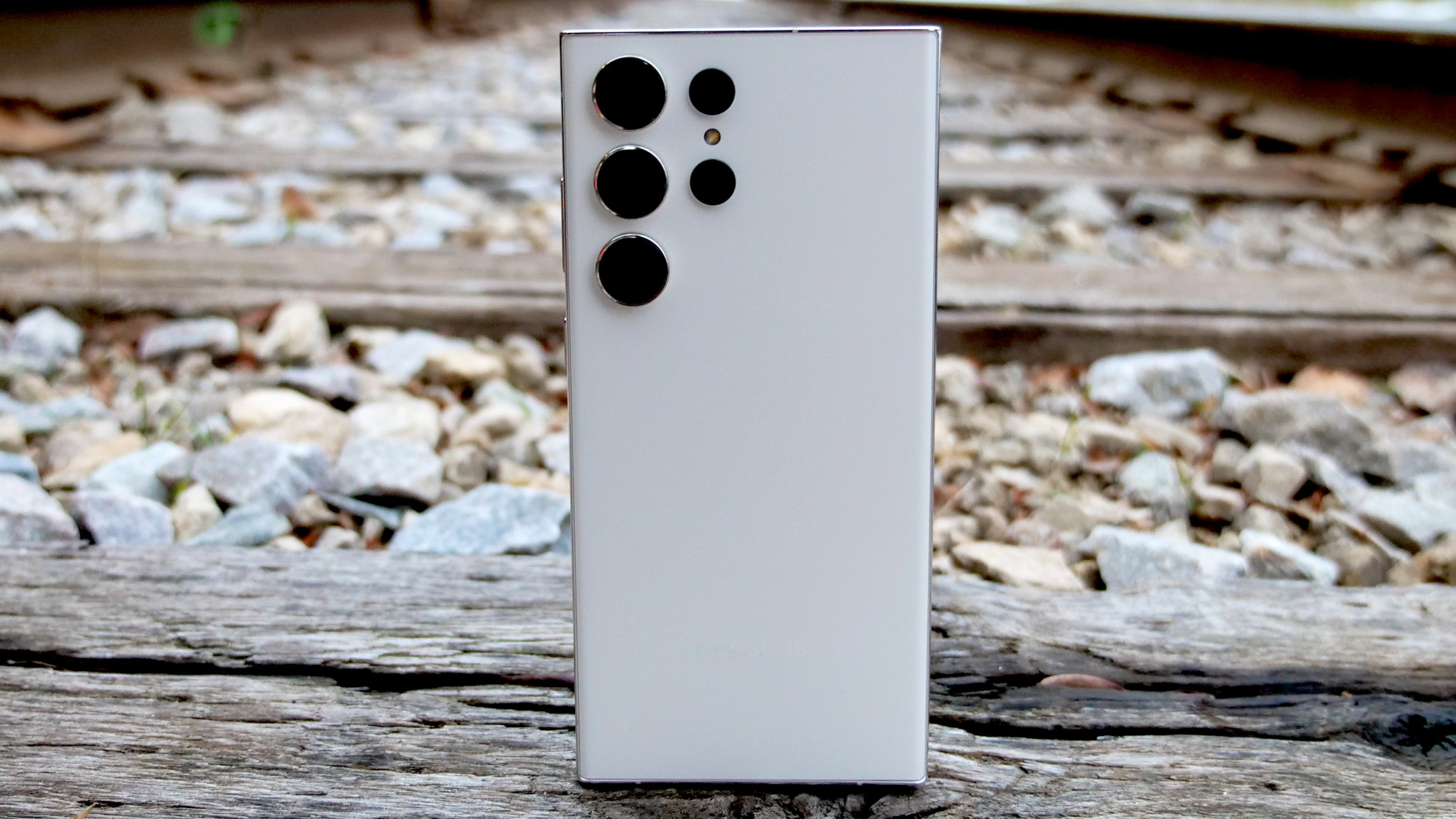Apple boasted about numerous new features on the iPhone 15 Pro Max including that new 5x zoom camera and titanium build, but battery life was one feature I really keyed in on, so I was very curious to see how it held up in testing.
We’re still awaiting our iPhone 15 Pro Max, but our sister site Tom’s Guide uses the same battery test and the iPhone 15 Pro Max lasted 14 hours and 2 minutes, outlasting its predecessor by 23 minutes. Now that might not seem like that much, but the iPhone 15 Pro Max was already leading the pack and when you factor in the roughly 30% boost to Geekbench performance, it becomes quite a bit more impressive.
Let’s take a closer look at how the iPhone 15 Pro Max battery life stacks up to the competition and the rest of the iPhone 15 lineup.
| Row 0 – Cell 0 | Battery life (hh:mm) |
| iPhone 15 Pro Max | 14:02 (Adaptive) |
| OnePlus 11 | 13:10 (Adaptive) / 12:48 (60Hz) |
| Samsung Galaxy S23 Ultra | 12:22 (Adaptive) / 13:09 (60Hz) |
| Google Pixel 7 Pro | 8:04 (Adaptive) |
| iPhone 15 Pro | 10:53 |
| iPhone 15 Plus | 14:14 |
| iPhone 15 | 11:05 |
As you can see the iPhone 15 Pro Max currently commands almost an hour lead on the longest-lasting Android flagship (OnePlus 11), almost 2 hours over the Samsung Galaxy S23 Ultra, and an almost silly 3 hours and 58 minutes over the Pixel 7 Pro.
The Qualcomm Snapdragon Gen 3 and Tensor G3 that should power those phones’ predecessors will need to dramatically improve efficiency if they are going to eclipse the new high watermark set by the 15 Pro Max.

Apple still has one glaring weakness
While the iPhone may hold the lead on overall battery life, one feature that Apple left untouched is charging. The iPhone 15 Pro Max maxes out at the same 27W that Apple claims should yield 50% in 30 minutes, but in Tom’s Guide’s tests only made it to 41%.
That doesn’t hold a candle to the best Android phones with the Samsung Galaxy S23 Ultra able to reach 57% in 30 minutes and the OnePlus 11 puts them both to shame with a full charge in roughly 27 minutes.
Even if the next-gen Android flagships gain only limited ground when it comes to battery life, the charging advantage is enough that it renders the difference moot for anyone who can quickly charge for even 10-15 minutes a day.
While we’re happy to see the iPhone finally join the rest of the phone world with USB-C, here’s hoping next year we get a charging speed upgrade on the iPhone 16 to bring it more in line with the best Android has to offer.
Source link
 notebook.co.id informasi dan review notebook laptop tablet dan pc
notebook.co.id informasi dan review notebook laptop tablet dan pc